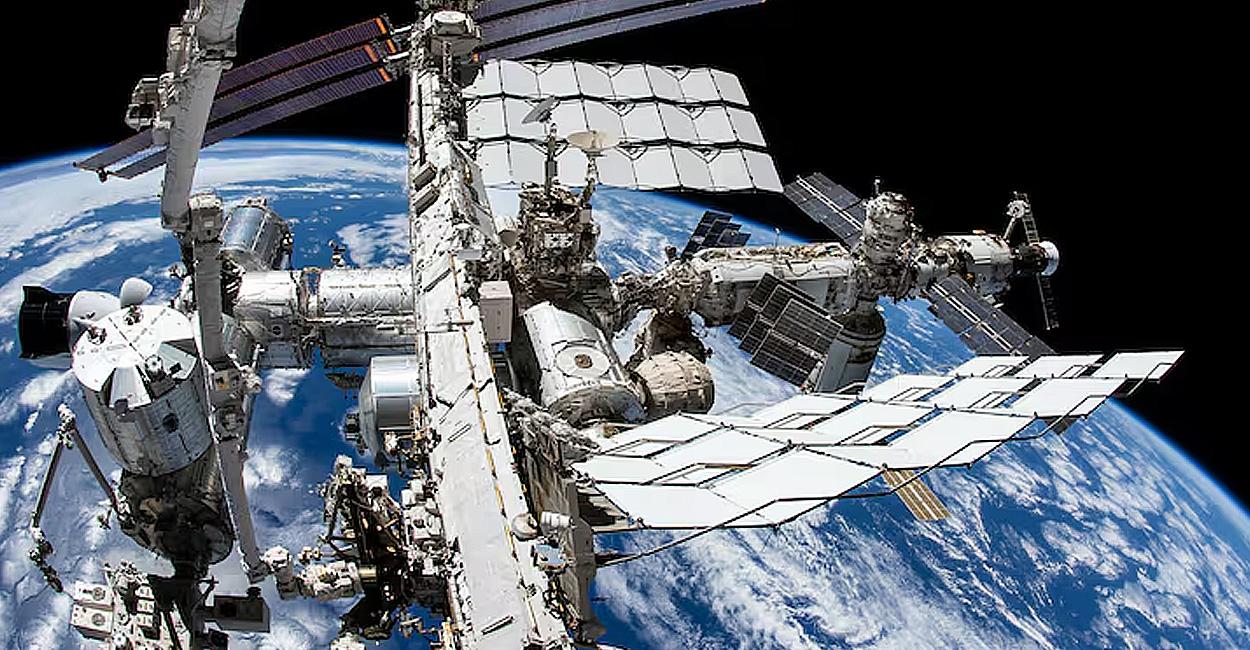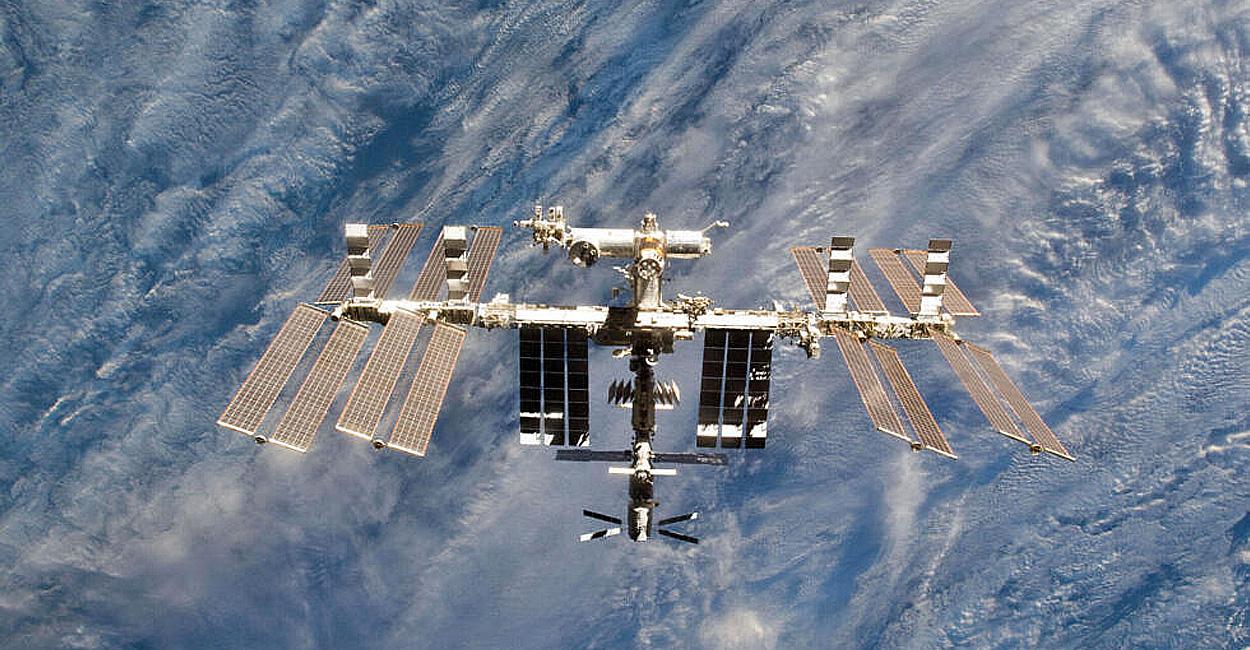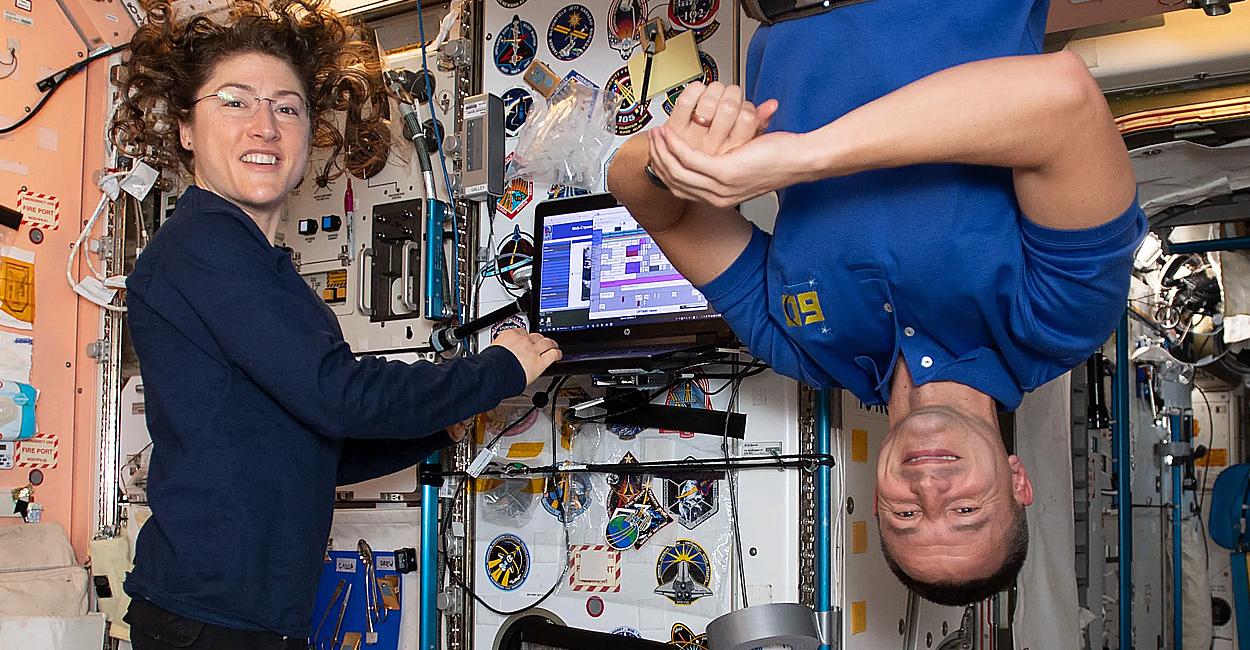
NASA chooses SpaceX to crash the ISS... on purpose
By Greg SullivanSept. 25 2024, Updated 3:04 p.m. ET
It may seem counterintuitive, but bringing down the venerable International Space Station is a bold step toward the future of space exploration. NASA has selected SpaceX to develop the U.S. Deorbit Vehicle for the International Space Station (ISS), making way for future missions. This vehicle will ensure a safe and controlled deorbit of the ISS at the end of its operational life in 2030, protecting populated areas from potential debris.

The International Space Station (ISS) has been continually occupied for 24 years.
Ken Bowersox, associate administrator for Space Operations Mission Directorate at NASA Headquarters in Washington, shared the significance of this mission. "Selecting a U.S. Deorbit Vehicle for the International Space Station will help NASA and its international partners ensure a safe and responsible transition in low Earth orbit at the end of station operations. This decision also supports NASA’s plans for future commercial destinations and allows for the continued use of space near Earth," he said.
SpaceX's Role and the ISS Legacy
SpaceX will develop the deorbit spacecraft, which NASA will operate throughout its mission. This approach keeps NASA at the helm during the crucial deorbit process. The spacecraft, along with the ISS, is expected to break up during re-entry, ensuring no large debris reaches the Earth's surface.
Since its inception in 1998, the ISS has been a shining example of international cooperation. Operated by five space agencies—CSA (Canadian Space Agency), ESA (European Space Agency), JAXA (Japan Aerospace Exploration Agency), NASA, and Roscosmos (State Space Corporation Roscosmos)—the ISS has hosted over 240 astronauts from 19 countries. These astronauts have conducted over 3,300 experiments, spanning disciplines like Earth and space science, biology, human physiology, and technology demonstrations.
Among its numerous achievements, the ISS has contributed to breakthroughs such as the Alpha Magnetic Spectrometer's search for dark matter, advancements in cancer research through protein crystallization experiments, and the successful cultivation of crops in space—critical for future long-term space missions.

Six More Years of Discovery
With six more years of expected service, the ISS remains a vital hub for scientific discovery and international collaboration. The next few years promise to be among the most productive, with the station's international crew continuing to push the boundaries of space science. NASA's proactive planning for a safe and controlled deorbit underscores the agency's commitment to responsible space operations and sustainable use of our near-Earth environment.

Astronauts aboard the ISS.
Community Buzz and Speculations
The Reddit community is abuzz with excitement and speculation about the deorbit vehicle and its implications. User srandrews commented, "SpaceX will have cameras all over the station, that is for sure," capturing the thrill of potential live footage of the deorbit process.
Another user, Ncyphe, highlighted the scientific opportunities, stating, "The deorbit of the ISS will be a rare opportunity to study the effects of a station re-entering Earth's atmosphere. Even if we don't get to see it, it's almost certain the ISS will have a large number of cameras and sensors to capture its destruction for engineers to study."
Comment
byu/Sonikku_a from discussion
inspace
Adding to the excitement, user Pentosin remarked, "SpaceX has already demonstrated that they can livestream video all the way through re-entry, with Starlink. Granted, they had a huuuge starship-shaped shield for the antenna. But we should absolutely be able to capture video way into breakup, depending on where the cameras and antenna would be located."
The enthusiasm for high-quality video coverage of this historic event is palpable, with many hoping for an "EXTREME 4K REENTRY" as user Doggydog123579 put it.
Looking to the Future
The transition from the ISS to future commercial space stations marks a thrilling new era in space exploration. The lessons learned from the ISS will pave the way for more advanced and sustainable space habitats, benefiting humanity's endeavors in space and on Earth.
As NASA and its partners work towards the deorbit mission, the collaboration between public and private entities will be crucial in achieving these ambitious goals. The ISS has set a high standard for international cooperation and scientific achievement, and its legacy will undoubtedly influence the next generation of space exploration.
Editor's Note: The article was originally published in June 2024.
This article was written with assistance from artificial intelligence. Megaphone creates content primarily driven by people but aims for full transparency in how our storytelling is produced. To learn more about our policy on artificial intelligence, click here.
